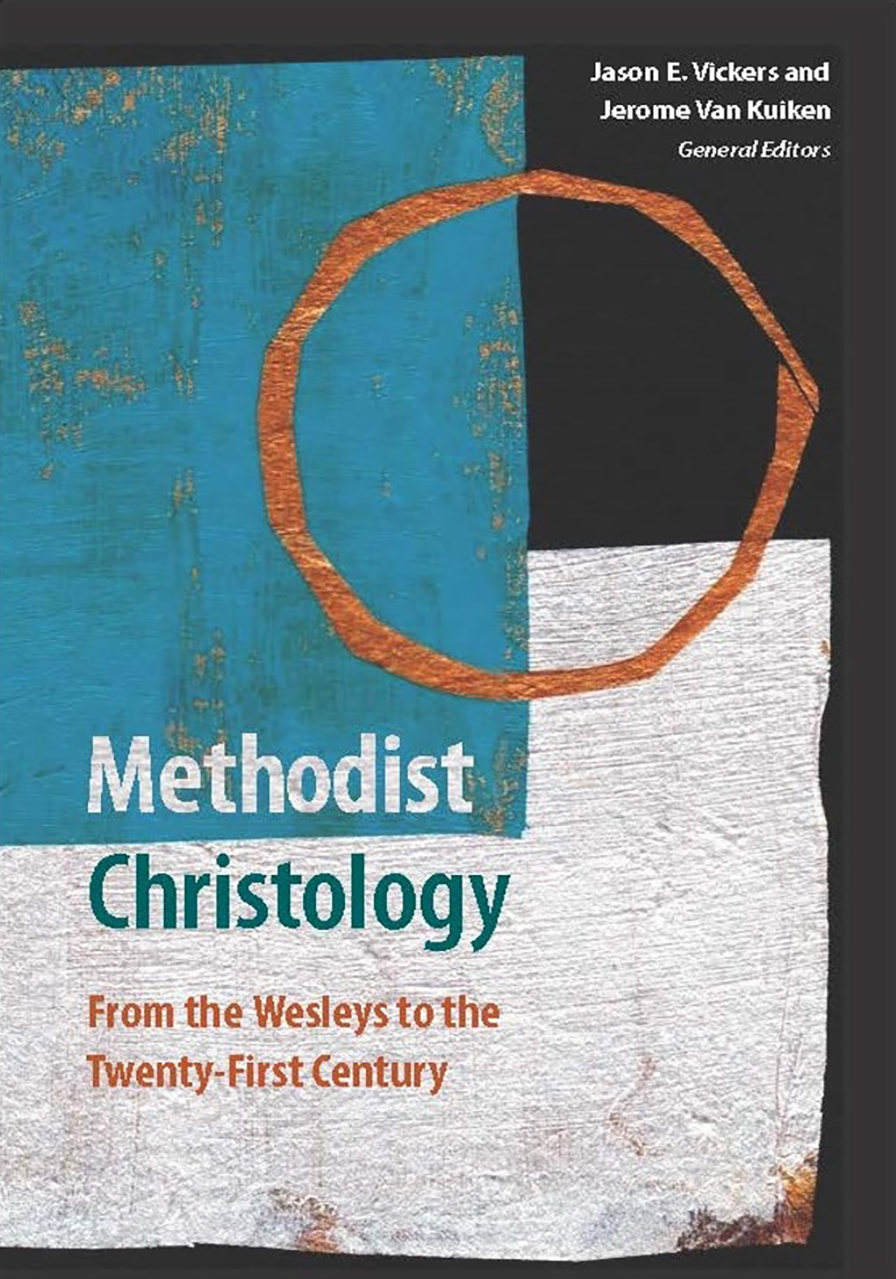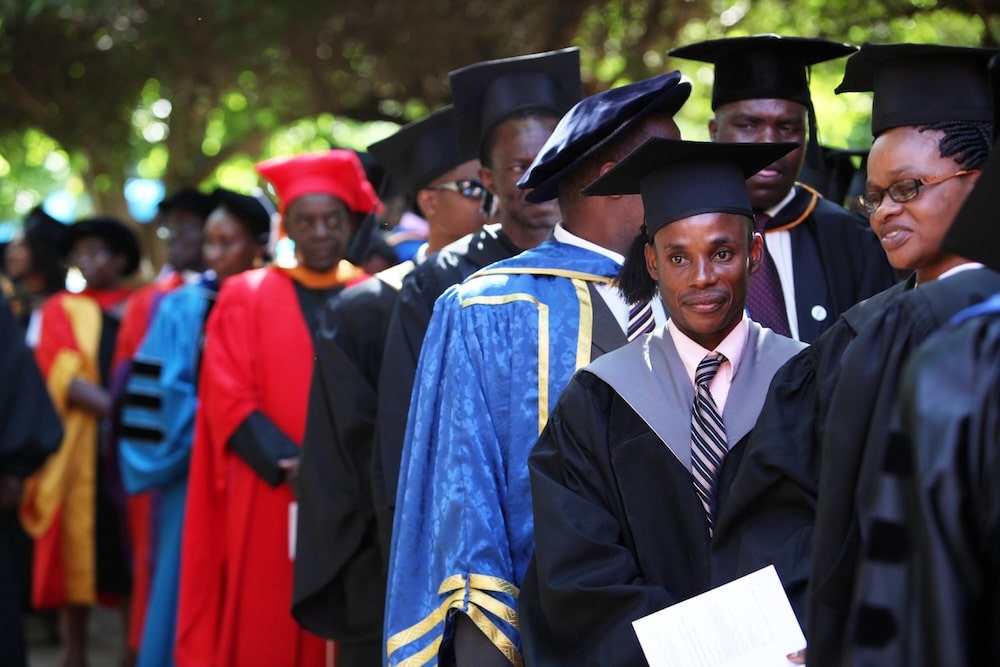Methodist Christology: From the Wesleys to the Twenty-first Century

Maps the Path of Pan-Wesleyan Christologies
An international group of Pan-Wesleyan scholars address this question posed by Jaroslav Pelikan: What happened to Methodist Christology after Wesley? Vickers’ work on Methodist Christology in The Oxford Handbook of Methodist Studies sketched a preliminary answer. This book fills it out. The book is in two parts. Part One is a robust study of Methodist Christology from the Wesleys onward. Moving beyond the historical survey, Part Two aims to set trajectories for the future of Pan-Wesleyan Christology.
John Deschner’s monograph Wesley’s Christology (1960) blazed a trail for subsequent smaller-scale treatments of John Wesley’s doctrine of Christ, such as chapters in Randy Maddox’s Responsible Grace (1994) and Ken Collins’ Theology of John Wesley (2007). This book reopens a line of interpretation that is ripe for reconsideration.
Contributors: Reginald Broadnax, Paul W. Chilcote, John L. Drury, Chris E. W. Green, Justus H. Hunter, Michael Lodahl, Thomas H. McCall, Mark K. Olson, Thomas Jay Oord, Christina M. Smerick, Jerome Van Kuiken, Jason E. Vickers
Jason E. Vickers is Professor of Theology, Asbury Theological Seminary, Wilmore, Kentucky. He is editor of the Cambridge Companion to American Methodism (2012), coeditor (with Randy Maddox) of the award-winning Cambridge Companion to John Wesley (2009; and general editor of A Wesleyan Theology of the Eucharist: The Presence of God for Christian Life and Ministry (2016).
Jerome Van Kuiken is Associate Professor of Ministry and Christian Thought, Oklahoma Wesleyan University and an adjunct professor at Wesley Biblical Seminary. He is the author of Christ’s Humanity in Current and Ancient Controversy (2017).
Praise for Methodist Christology: From the Wesleys to the Twenty-first Century
“This volume is a shining example of Wesleyan/Methodist theology coming of age! It probes its own (now three centuries of) traditions, in dialogue with other major theological voices, and with particular concern to attend to new voices and challenges. May it bear as rich of fruit as did the work of John Deschner, whom it honors.”
—Randy L. Maddox, William Kellon Quick Professor Emeritus of Wesley and Methodist Studies, Duke Divinity School
“What a delight! At long last, after a period when Methodist and Wesleyan theology was dismissed as of no consequence as arid scholasticism or was set aside as underdeveloped intellectually, we now have a volume which unapologetically takes up the task of retrieval and contemporary expression. Hard decisions will have to be made in the future as to where we stand on the person and work of Christ, but we now have serious resources for making these decisions. Hopefully, we can now bring the full force of our distinctive voice to the academy and church. The days of second-class theological citizenship are over.”
—William J. Abraham, Outler Professor of Wesley Studies, Southern Methodist University
“Wesleyans are not known for their work in systematic theology. While we do biblical and historical study, we specialize in practical and pastoral theology. This volume fills a void in contemporary Wesleyan thought. It provides a survey of Wesleyan systematic treatments of Christology among Methodism’s greatest theologians, past and present, and sets two possible trajectories for the future. It highlights the robustness and diversity in these Christologies and demonstrates the viability of a truly Wesleyan systematic theology in this and other points of Christian thought. The editors and writers give us an essential volume of study for anyone interested in studying Wesleyan systematic theology.”
—Christopher T. Bounds, Professor of Christian Doctrine, Wesley Seminary, Marion, Indiana
“Like a basket of mixed fruit, the bitter with the sweet, not everything in this book will be to the reader’s taste. Of course, it depends on your taste what is bitter and what is sweet! Here you will find the orthodox, the neo-orthodox, the paleo-orthodox and the frankly heterodox. But you need to read it, if only to understand the conflicting Christologies that have aspired and aspire to be called Wesleyan or Methodist. For this reader, the fruit is mainly sweet and healthy. A long-standing error about Wesley’s Christology is corrected, and the way to a more Christ-centred and less sectarian Wesleyan theology is indicated. Highly recommended.”
—Thomas A. Noble, Nazarene Theological Seminary, Kansas City and Nazarene Theological College, Manchester
Wesley’s Foundery Books is an imprint of the General Board of Higher Education and Ministry of The United Methodist Church. These books are clearly and accessibly written by Methodist/Wesleyan experts, with an emphasis on church life and ministry. Representing the rich diversity of the church, Wesley’s Foundery Books offer a disciplined and balanced approach. GHBEM Publishing is an affiliate member of the Association of University Presses.





